Introduction: The Hidden Fear Behind Every Downturn
When headlines scream “recession incoming!,” most people panic and for good reason.
A recession means slower growth, shrinking jobs, and rising uncertainty. You start wondering: What happens to my money during a recession? Will my savings disappear? Should I sell my investments?
Here’s the truth: your financial future isn’t doomed. By understanding how recessions affect your money and taking the right steps you can not only protect your wealth but even grow it during tough times.
In this guide, we’ll break down what really happens to your income, savings, investments, and daily expenses during a recession plus give you actionable strategies to stay secure.
🧠 What Is a Recession, Really?
A recession happens when the economy shrinks for two or more consecutive quarters — meaning businesses make less money, unemployment rises, and consumers spend less.
It’s a natural part of the economic cycle, not a permanent crisis.
| Indicator | Normal Economy | Recession |
|---|---|---|
| GDP Growth | +2% to +3% | -1% or lower |
| Unemployment | 4%–5% | 7%–10% |
| Inflation | Moderate | Often drops or spikes |
| Consumer Confidence | High | Low |
Recessions can be triggered by factors like rising interest rates, inflation, pandemics, or financial bubbles bursting just like the 2008 financial crisis or the 2020 pandemic downturn.
💸 What Happens to Your Money During a Recession?
1️⃣ Your Income Might Shrink
During recessions, companies cut costs — often through layoffs, hiring freezes, or smaller bonuses.
Even if you keep your job, pay raises and promotions slow down, meaning your purchasing power weakens, especially if inflation is still high.
➡️ Tip: Diversify your income with freelance work, side hustles, or passive income streams.
Read our post on Passive Income Ideas for Beginners to get started._
2️⃣ Your Investments Become Volatile
When markets panic, stocks drop, and portfolios lose value — sometimes sharply.
However, this doesn’t mean you should sell everything. Historically, markets recover stronger than before.
| Asset Class | Typical Recession Impact | Long-Term Outlook |
|---|---|---|
| Stocks | Sharp decline (20–40%) | Strong recovery post-recession |
| Bonds | Often stable or rise | Steady returns |
| Real Estate | Declines if interest rates rise | Recovers with economy |
➡️ Smart Move: Focus on diversification — mix stocks, bonds, and cash. Avoid emotional selling and invest for the long term.
3️⃣ Inflation and Interest Rates Shift
In some recessions (like in 2022–2023), inflation stays high even as the economy slows.
This reduces your purchasing power — meaning your money buys less.
Meanwhile, central banks may lower interest rates to boost growth, making loans cheaper but savings accounts less rewarding.
➡️ Example: If your bank savings rate drops from 4% to 1%, your money grows slower — so you lose value to inflation.
Pro Tip: Move savings into high-yield accounts or short-term Treasury bonds that offer better returns even in downturns.
4️⃣ Consumer Behavior Changes
People spend less on luxuries and more on essentials. That’s why budgeting becomes crucial.
You might delay big purchases or switch to cheaper alternatives.
➡️ Create a Recession Budget:
- Track every expense
- Cut non-essentials
- Prioritize emergency savings
- Automate bills to avoid late fees
Read our post on Budgeting Made Simple to learn how.
5️⃣ Housing and Real Estate Market Slow Down
Recessions often cool the housing market. Home prices drop and mortgage rates fluctuate.
If you’re a buyer, that’s good news. If you’re a seller, not so much.
➡️ Strategy: Wait for stability before making large real estate moves. If buying, negotiate aggressively — downturns often create buyer’s markets.
🛡️ How to Protect Your Money During a Recession
You can’t control the economy but you can control your financial resilience.
1. Build (or Rebuild) Your Emergency Fund
Aim for 3–6 months of expenses in cash or liquid savings.
This helps you stay afloat during job loss or medical emergencies.
➡️ Use this simple formula:
Monthly Expenses × 6 = Emergency Fund Target
Read our full guide on Emergency Funds for setup steps._
2. Avoid New Debt (Unless It’s Strategic)
Credit card debt becomes dangerous in recessions due to high interest.
However, strategic debt — like refinancing at a lower rate — can be smart.
✅ Do This:
- Pay off high-interest cards first
- Avoid unnecessary loans
- Refinance mortgages if rates drop
3. Keep Investing — But Be Cautious
It’s tempting to stop investing when the market dips, but downturns offer discounts.
➡️ Consider:
- Dollar-cost averaging (DCA): Invest small, regular amounts regardless of price
- Defensive stocks: Utilities, healthcare, and consumer staples
- Index funds: Long-term, low-risk diversification
4. Strengthen Your Job Security
During recessions, skills = stability. Upskill or learn digital-era professions like AI, automation, or financial analysis.
💼 Example: Many companies automate processes during downturns — making AI automation skills highly valuable.
👉 Try our AI Automation Agency to make your company grow!
5. Review Your Financial Goals
Recessions are a perfect time to re-evaluate your short-term and long-term goals:
- Are you saving enough?
- Is your investment mix still balanced?
- Do you need a second income stream?
Regular reviews help you make data-driven decisions instead of emotional ones.
📈 What Recovers After a Recession?
Recessions don’t last forever — historically, they last 6–18 months.
Here’s how recovery typically unfolds:
| Financial Area | What Happens After Recession |
|---|---|
| Jobs | Employment rises slowly |
| Stock Market | Recovers early, often before GDP |
| Real Estate | Rebounds within 1–2 years |
| Consumer Confidence | Returns gradually |
Those who stay invested and keep saving often emerge wealthier than those who panicked and pulled out.
🧩 Real-World Example: The 2008 Global Recession
During 2008–2009:
- The S&P 500 dropped over 50%.
- Housing prices fell nationwide.
- Unemployment reached 10%.
But by 2013, the stock market had fully recovered — rewarding those who stayed the course.
The biggest winners were individuals who continued to invest regularly and built emergency savings early.
🪙 Recession-Proof Assets Worth Considering
| Asset | Why It Helps | Risk Level |
|---|---|---|
| Gold | Safe-haven during market panic | Moderate |
| Treasury Bonds | Government-backed stability | Low |
| Dividend Stocks | Passive income despite downturn | Medium |
| Cash Reserves | Liquidity for emergencies | Low |
| Essential Business Stocks | Stable demand (food, healthcare) | Low-Medium |
Note: Always consult a licensed financial advisor before making investment decisions.
🤔 Frequently Asked Questions (FAQs)
1. What happens to my savings during a recession?
Your savings remain safe in insured banks, but low interest rates reduce growth. Move funds to high-yield savings or short-term bonds to offset inflation.
2. Should I stop investing during a recession?
No. Recessions create buying opportunities for long-term investors. Keep investing steadily using dollar-cost averaging.
3. How can I protect my job during an economic downturn?
Upskill, make yourself indispensable, and explore remote or AI-based roles that are in high demand even in recessions.
4. Will inflation always rise in a recession?
Not always. Sometimes inflation drops due to reduced spending. But in recent years, stagflation (low growth + high prices) has become more common.
5. What’s the safest place to put money during a recession?
Focus on diversification: keep some in cash, some in bonds, and the rest in defensive or dividend stocks.
🚀 Final Thoughts: Control What You Can, Prepare for What You Can’t
Recessions test everyone’s financial mindset — but they also build resilience.
By understanding what happens to your money during a recession and taking calm, strategic action, you’ll not only protect your finances but also find opportunities hidden in the crisis.
✅ Build savings.
✅ Stay invested.
✅ Diversify income and skills.
💡 Call to Action
Don’t let a recession stop your growth.
👉 Try our AI Automation Agency to make your company smarter, faster, and recession-proof today!






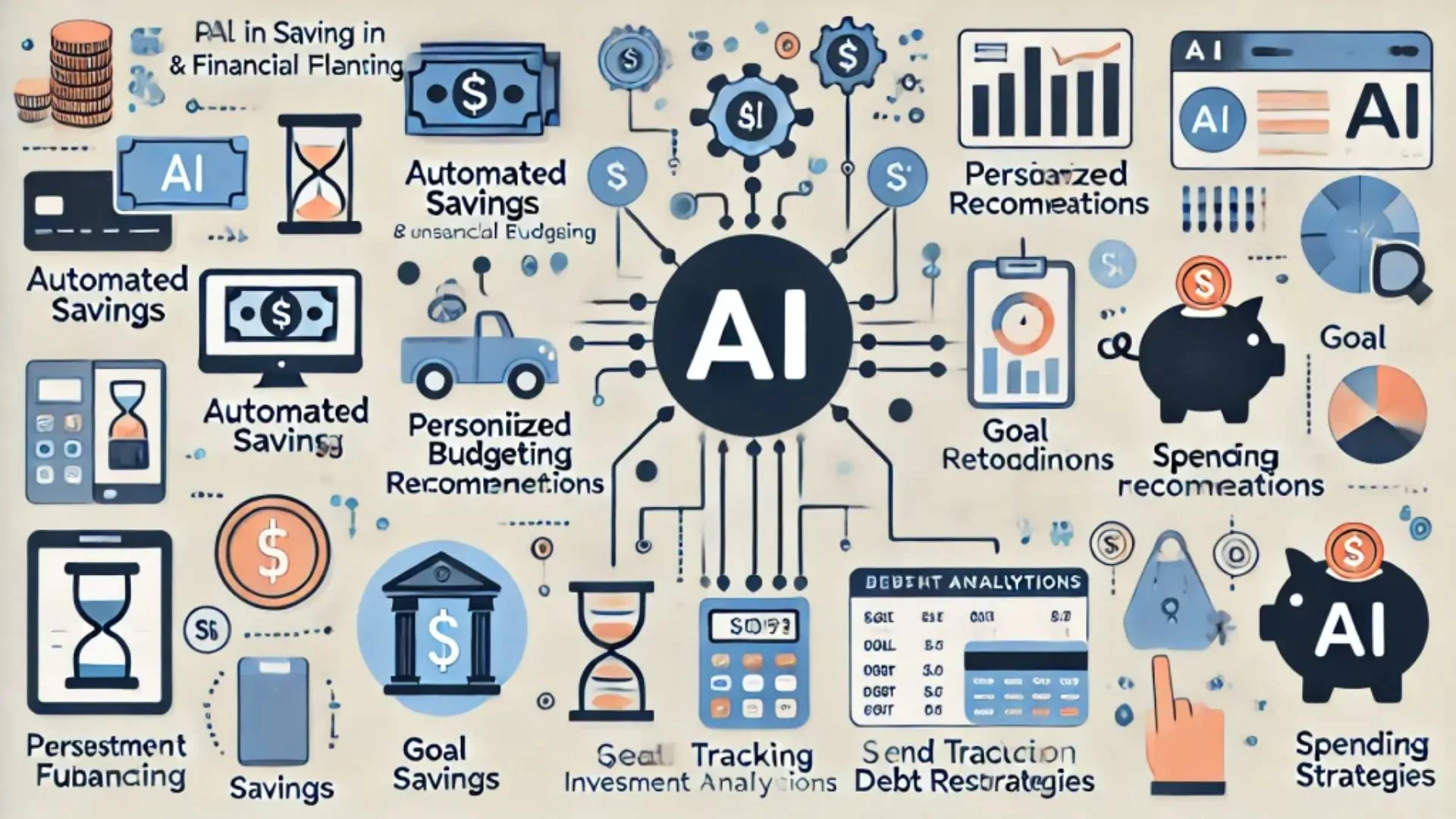
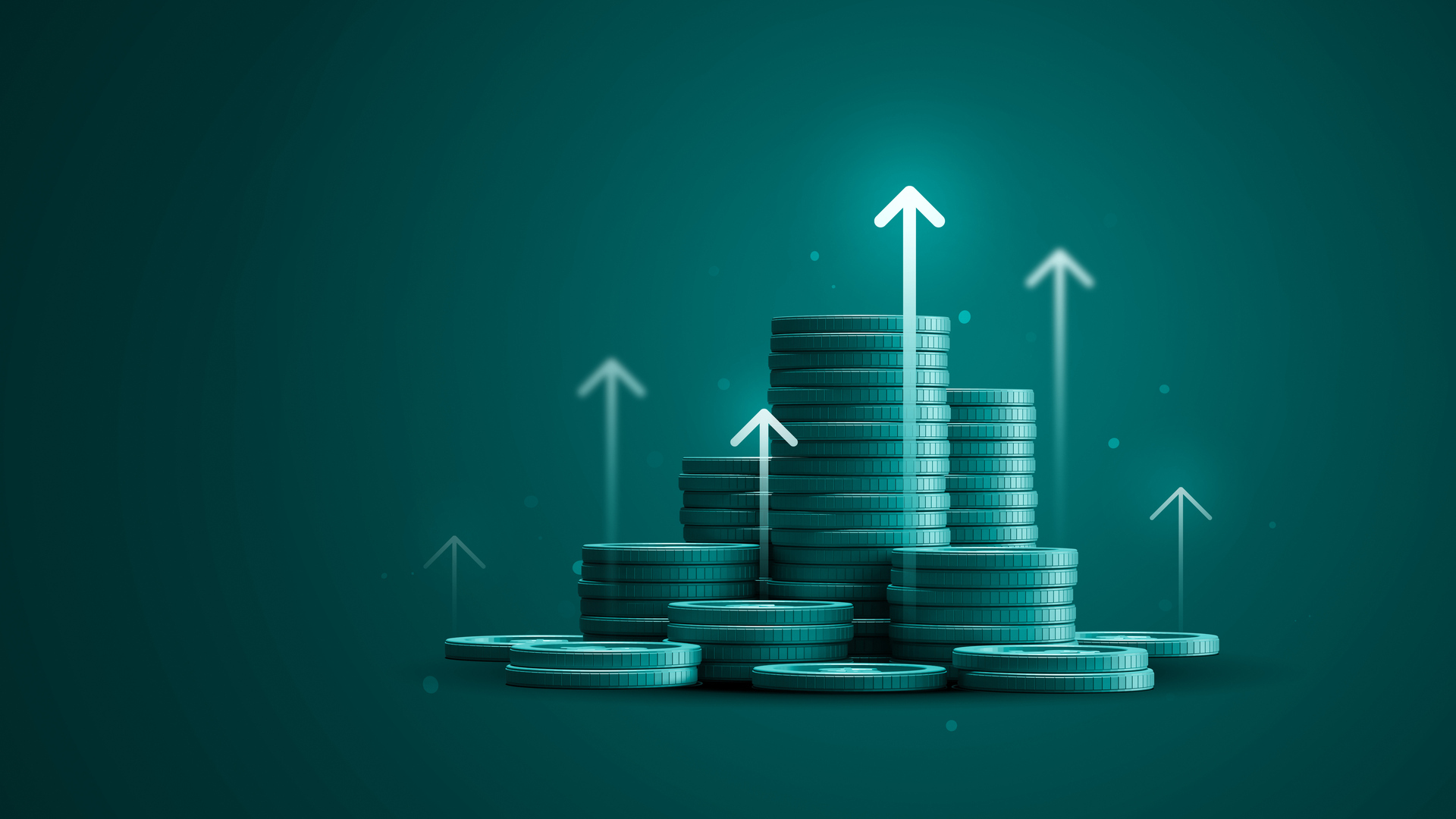
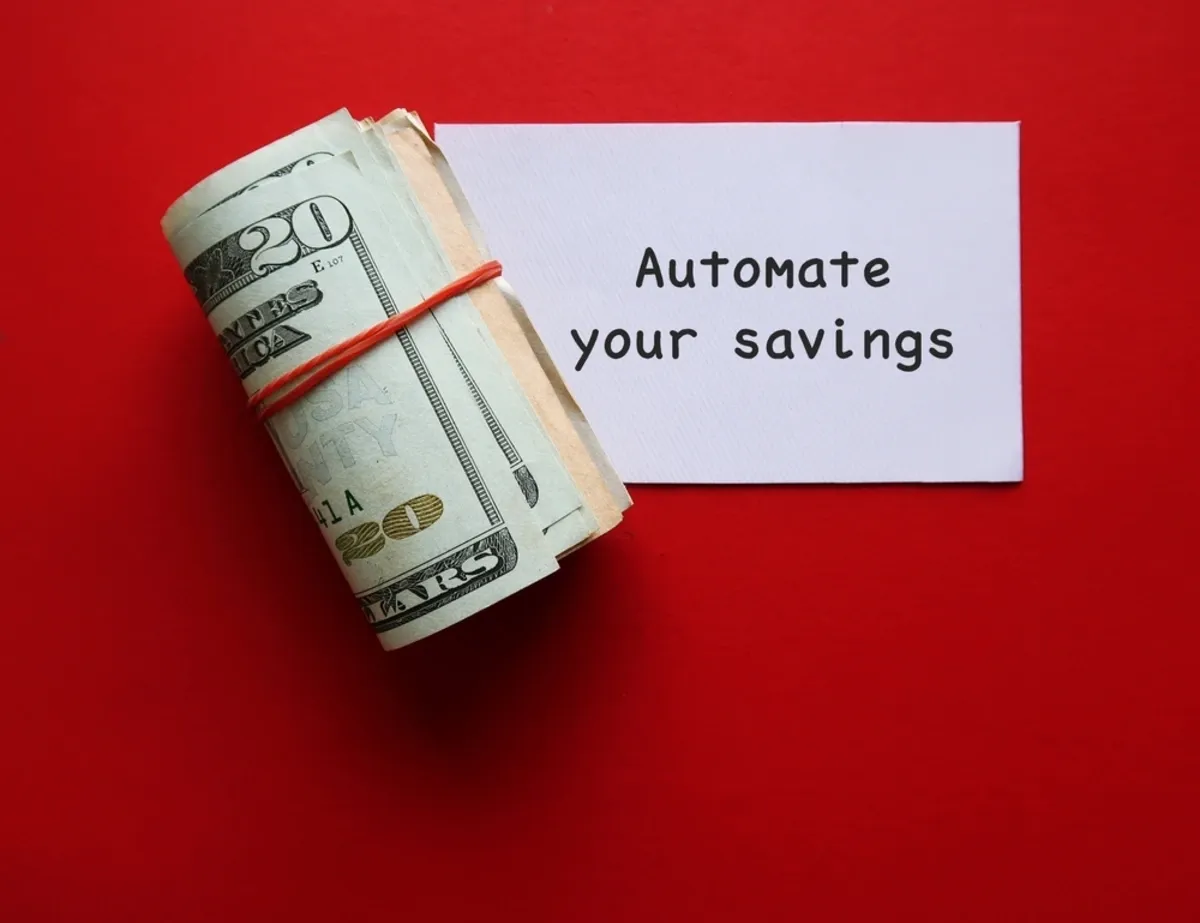


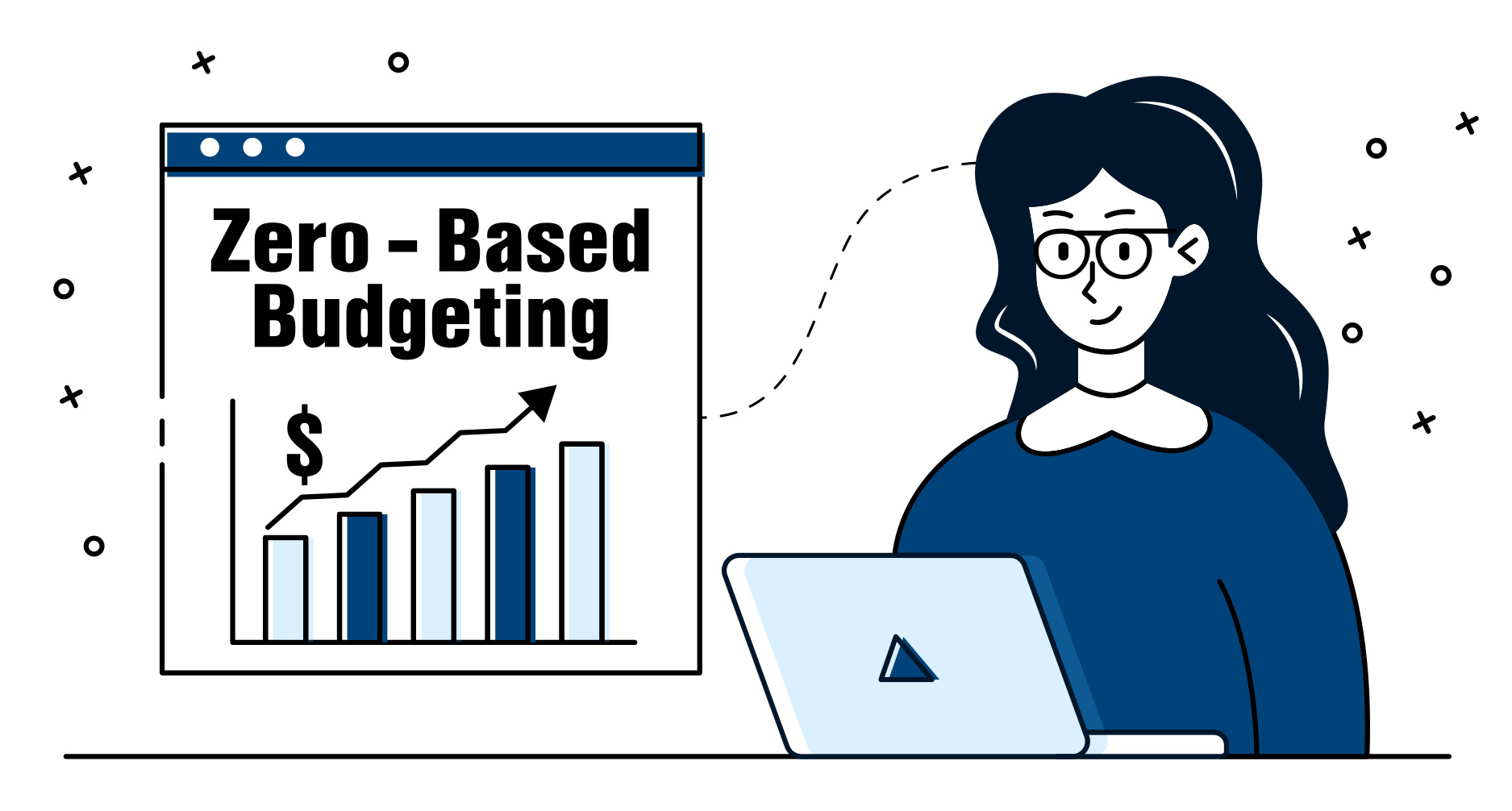
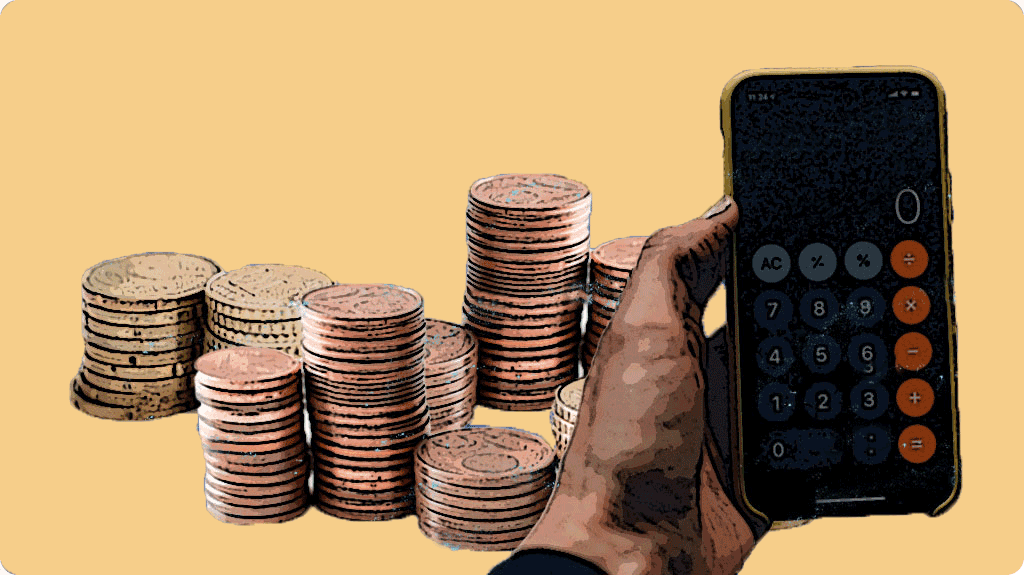
Leave a Reply